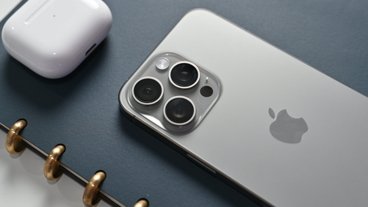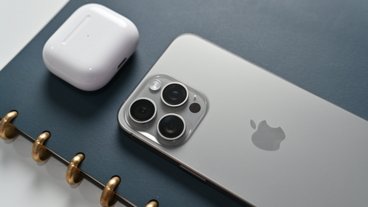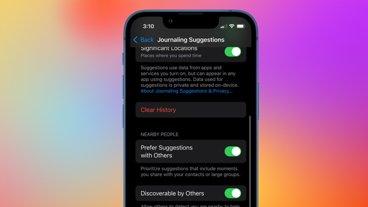Apple offering upfront cash payments to secure components, block out competitors
Analyst Brian White with Ticonderoga Securities said in a note to investors on Thursday that Apple began "aggressively attacking" the component situation in Japan following the earthquake and tsunami that struck the country. The iPhone maker reportedly sent executives to suppliers immediately to ensure adequate supply of components, and also began offering upfront cash payments.
Separately, White's contacts in Taiwan also revealed that Apple is allegedly securing component capacity using what is known as a "three cover guarantee," referring to capacity, stock and price. Apple's move is seen as one that could potentially block out competitors and prevent them from building ample supply of devices.
The information comes as a separate report out of the Far East suggested that a one-month delay for Research in Motion's PlayBook tablet was as a result of Apple securing most of the available touch panel production capacity. The delay has forced the PlayBook to go on sale after Apple's in-demand iPad 2.
Last month, it was said that Apple could agree to price hikes in order to secure touch panel supply, particularly in the aftermath of the Japan earthquake. Apple was said to be in talks with component makers about touch panel pricing, and allegedly considered some price increases in negotiations.
In the company's last quarterly earnings call, Apple Chief Operating Officer Tim Cook revealed that Apple had invested $3.9 billion of its nearly $60 billion in cash reserves in long-term supply contracts. He declined to reveal what components Apple had put its money toward, citing competitive concerns, but said that it was a strategic move that would position the company well in the future.
Analysts largely believe that the secret investment was related to touch panel displays that are the centerpiece of devices like the iPhone and iPad. One cost breakdown estimated that such an investment could secure Apple 136 million iPhone displays, or 60 million iPad touch panels.
It's a move similar to 2005, when Apple inked a major deal with Samsung to secure longterm supply of flash memory. NAND flash would go on to become a major part of Apple's products, including the iPhone, iPad and new MacBook Air.
 Sam Oliver
Sam Oliver

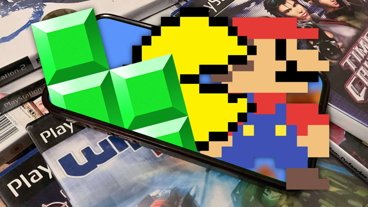







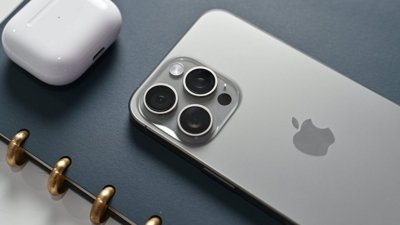
 Mike Wuerthele and Malcolm Owen
Mike Wuerthele and Malcolm Owen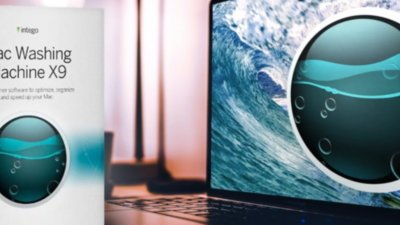
 Sponsored Content
Sponsored Content
 William Gallagher
William Gallagher

 Chip Loder
Chip Loder
 Andrew Orr
Andrew Orr
 Christine McKee
Christine McKee
 Marko Zivkovic
Marko Zivkovic